Drafting Workshop in Discrete Mathematics and Probability 2025
Description
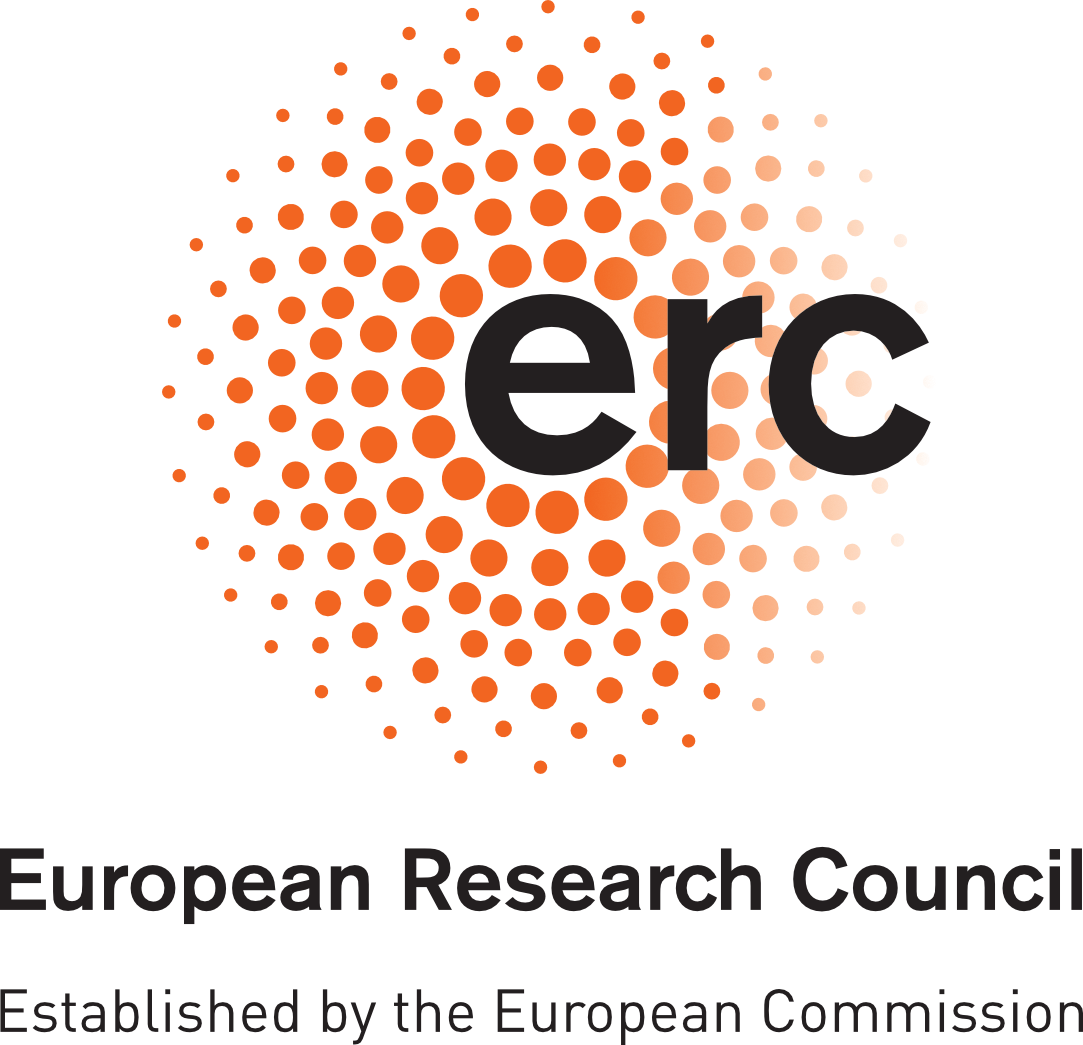
Several postdoc positions are available in Budapest in various research groups in discrete mathematics, probability theory, analysis, number theory and group theory. The research groups are listed below.
To make the application process more efficient and joyful, we are organizing a drafting workshop for young researchers interested in these positions, with the dates January 15-17, 2025, at the Rényi Institute.
The participants of the workshop can present their work in a research talk, learn more about the research environment in Budapest, meet the heads and members of the research groups in person and in case of a perfect matching, get an offer on the spot.
The application due date is December 5th. The workshop is invitation based. We can cover the accommodation of successful applicants and there is limited funding for travel expenses. If you need travel funding, let us know in your application.
A CV containing a publication list should be sent as a part of the application. Please name at least one but at most three potential heads/project leaders from the list below on your application. Recommendation letters are not required, but can be submitted as well. Formal letters should be directly sent from the recommenders to the
project leaders by email.
Application should be completed via this FORM
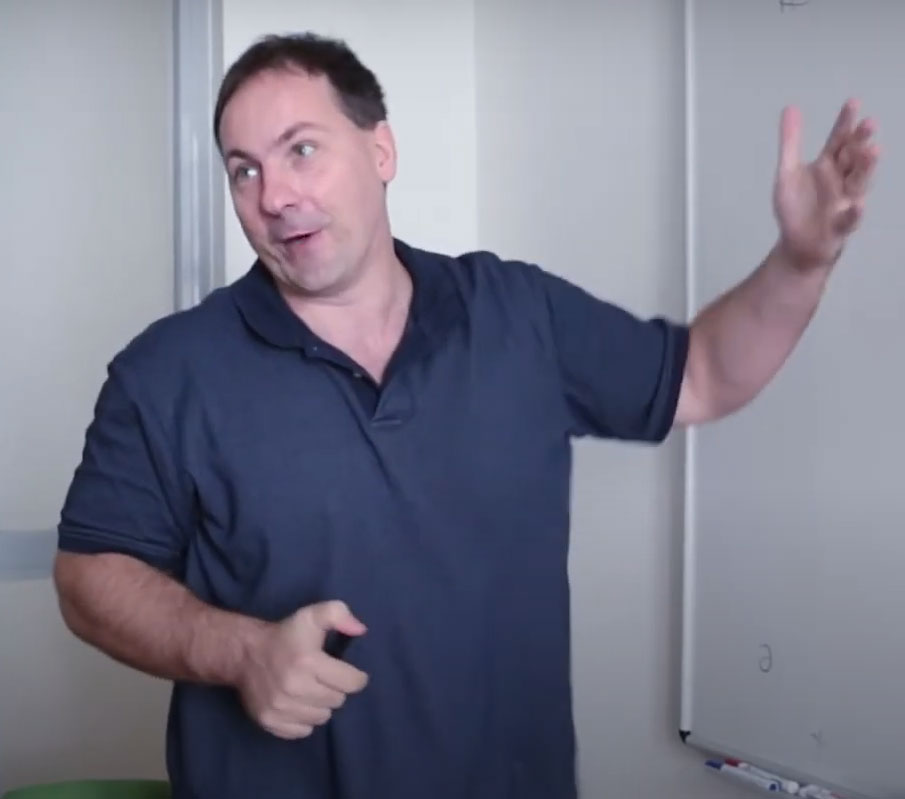 Groups and Graph Convergence Research Group
Groups and Graph Convergence Research Group
Head: Miklós Abért, Alfréd Rényi Institute of Mathematics
E-mail address: abert.miklos@renyi.hu
The research group studies measured and asymptotic group theory, in particular spectral theory of graphs and groups, Benjamini-Schramm convergence, stochastic processes on groups, rank gradient, invariant random subgroups, homology growth, sofic entropy and asymptotic invariants of random graphs and locally symmetric spaces.
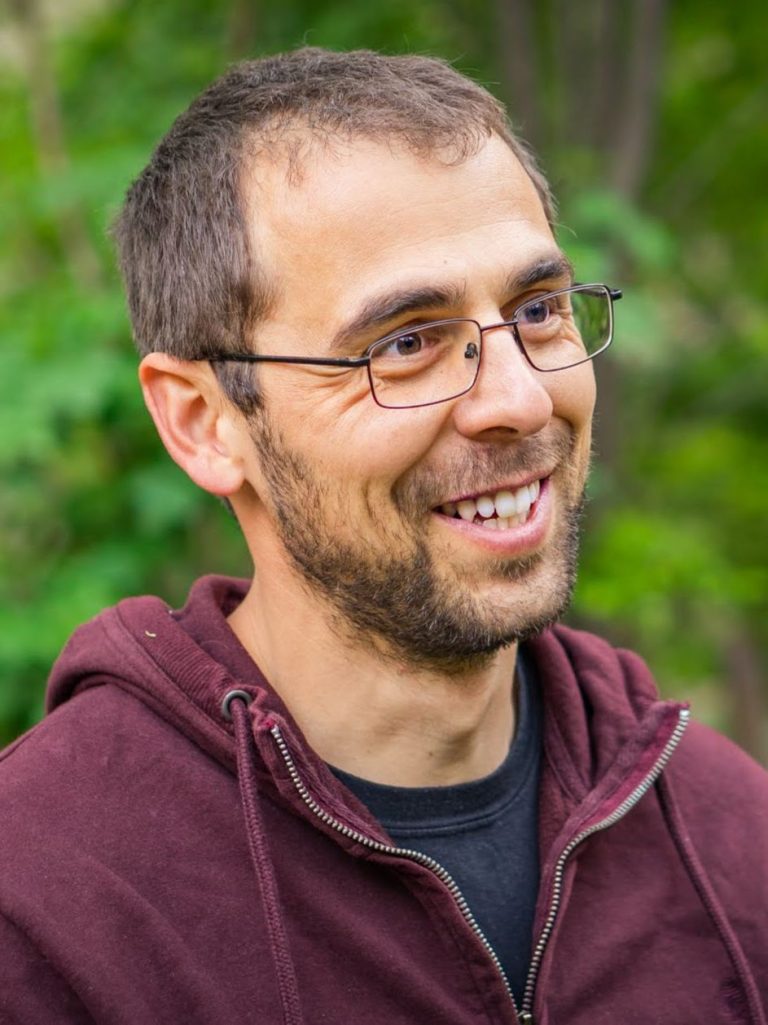 Matroid Optimization Research Group (Eötvös Loránd University)
Matroid Optimization Research Group (Eötvös Loránd University)
Head: Kristóf Bérczi, Eötvös Loránd University
E-mail address: kristof.berczi@ttk.elte.hu
We aim to explore the global structure of bases in matroids, or more generally, of common bases in the intersection of matroids. Our goal is to devise structural and algorithmic results that will open up new domains for packing common bases algorithmically beyond the currently known special cases. Meanwhile, supported by the results obtained, we aim to resolve a wide list of fundamental open questions that all stem from the global relations of matroid bases.
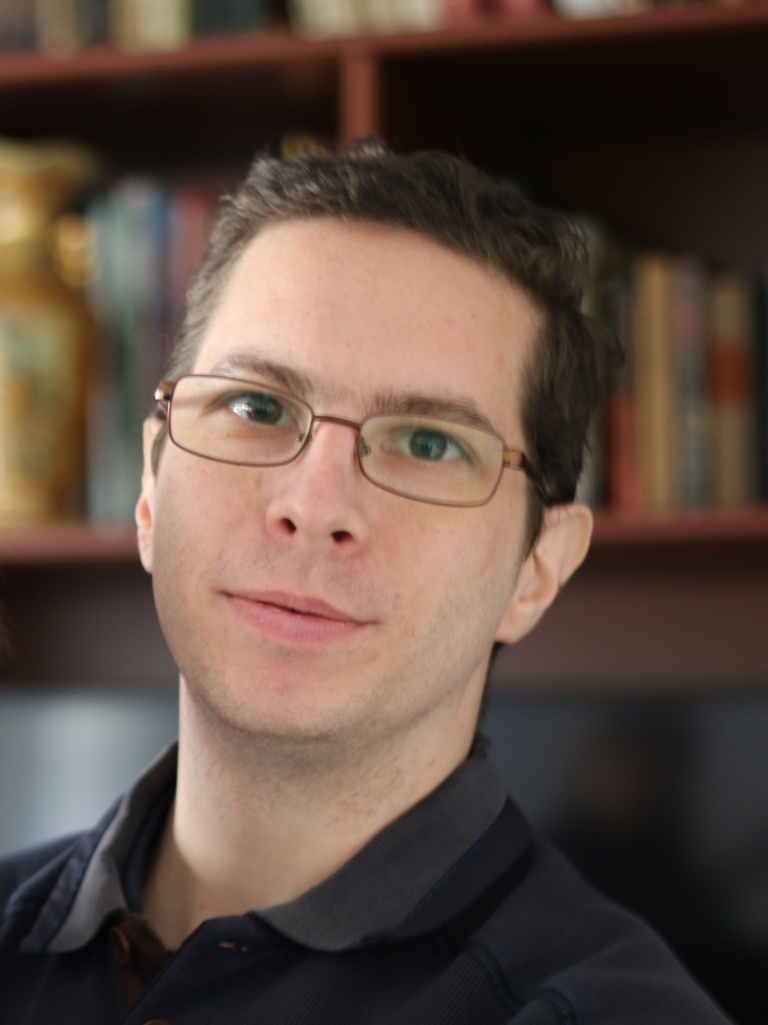 Counting in Sparse Graphs Research Group
Counting in Sparse Graphs Research Group
Head: Péter Csikvári, Alfréd Rényi Institute of Mathematics
E-mail address: csikvari.peter@renyi.hu
We aim to study approximate counting problems of combinatorial objects of a given graph besides restricted information. This general framework includes counting matchings, independent sets, colorings given the degree sequence or local statistics or may be the whole graph as an input. There is an emphasis on developing random and deterministic algorithms.
Quantum Algorithms and Stochastic Processes Research Group
Head: András Gilyén, Alfréd Rényi Institute of Mathematics
E-mail address: gilyen.andras@renyi.hu
We study quantum algorithms and complexity, with a recent focus on stochastic quantum processes related to Glauber and Metropolis dynamics, and more generally quantum walks and quantum linear algebra methods (quantum singular value transformation and the block-encoding framework) with application in optimization and related fields.
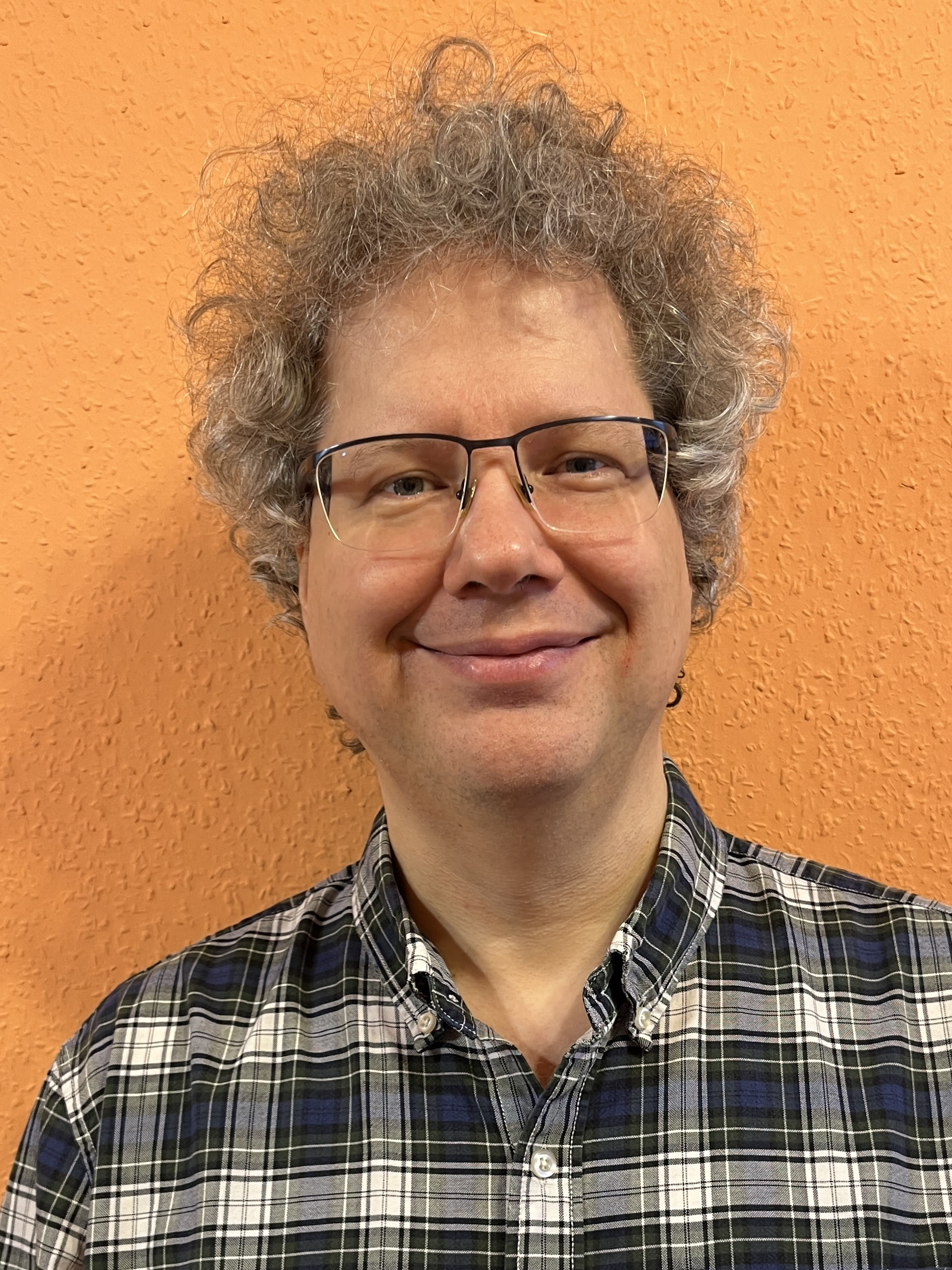 Automorphic Forms Research Group
Automorphic Forms Research Group
Head: Gergely Harcos, Alfréd Rényi Institute of Mathematics
E-mail address: gharcos@renyi.hu
Automorphic forms play a key role in modern number theory, and we aim to make them more visible in Hungary. The group focuses on mainstream topics like: the density of the exceptional automorphic spectrum, the size of automorphic forms and their L-functions, the distribution of prime geodesics and hyperbolic lattice points, identities of spectral origin, and the p-adic Langlands program.
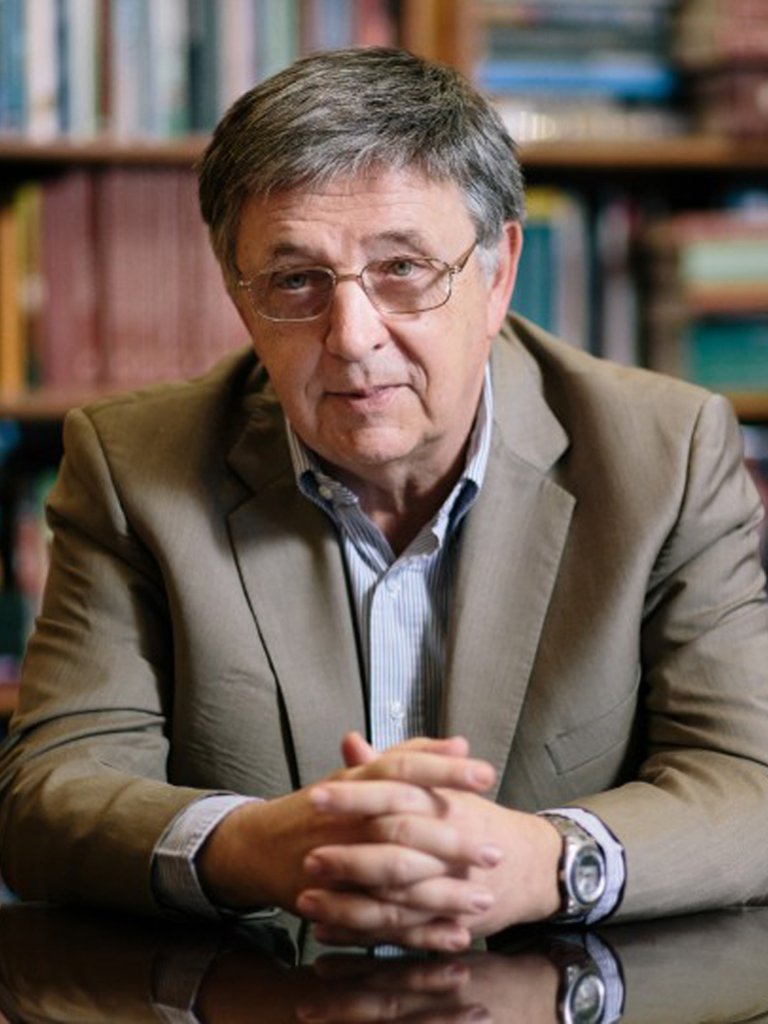 Dynamics and Structure of Networks Research Group
Dynamics and Structure of Networks Research Group
Head: László Lovász, Alfréd Rényi Institute of Mathematics
E-mail address: lovasz.laszlo@renyi.hu
A lot is known about the structure of large networks (graphs), but most real-life networks are interesting because they support interesting dynamics. Our research group is working on extending the structure theory of large networks to the case of graphs with medium density and to graphs supporting dynamics. Motivation comes from graph limit theory, epidemic propagation, and networks embedded in physical space.
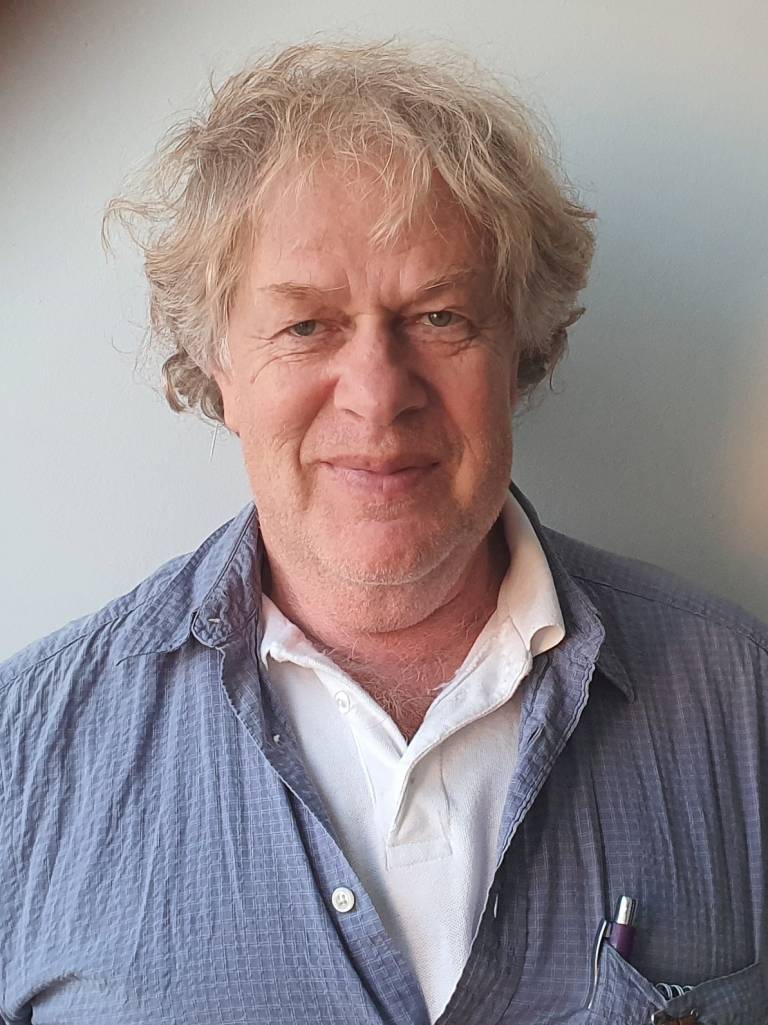 GeoScape: Combinatorial Geometry Research Group
GeoScape: Combinatorial Geometry Research Group
Head: János Pach, Alfréd Rényi Institute of Mathematics
E-mail address: pach@renyi.hu
A classic theme of combinatorics is to search for interesting patterns in various graphs and hypergraphs. Much of the research in Ramsey-theory, Turán-type extremal graph theory, Szemerédi regularity theory found important applications in combinatorial and computational geometry. However, if we blindly apply these theories in geometric scenarios, the obtained results are rarely optimal. We try to explain this curious phenomenon by proving stronger results on structures often arising in geometric applications: graphs and hypergraphs of bounded complexity, containing no "forbidden" subpattern of a fixed type, or embedded in a surface.
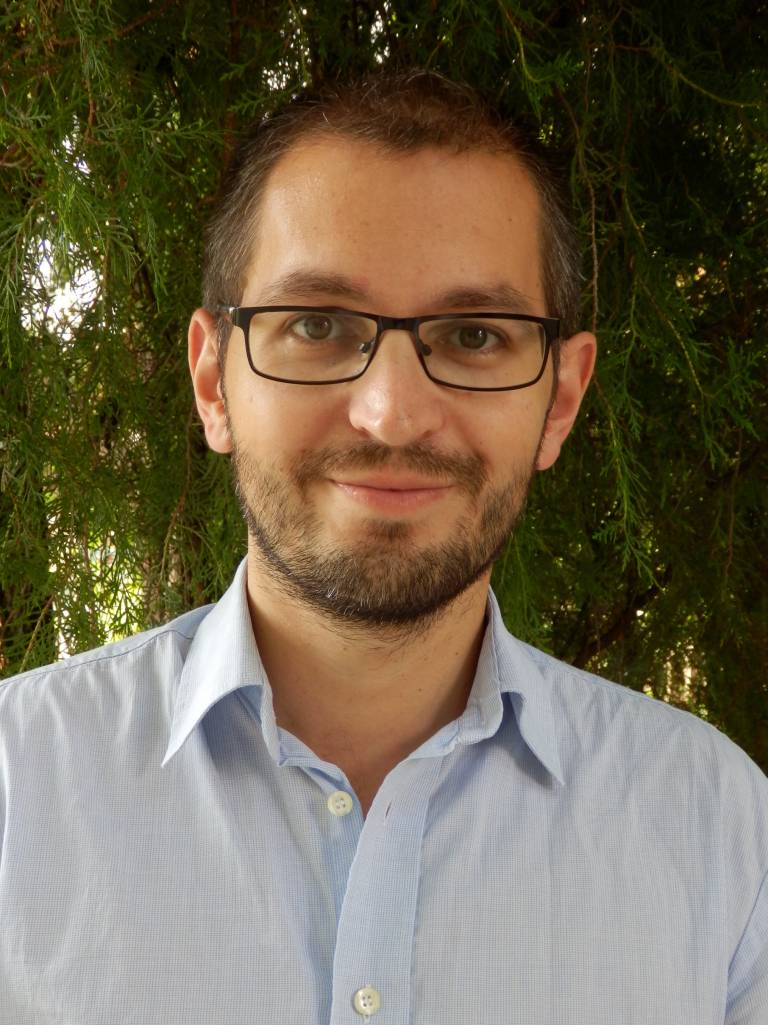 Arithmetic Combinatorics Research Group
Arithmetic Combinatorics Research Group
Head: Péter Pál Pach, Alfréd Rényi Institute of Mathematics
E-mail address: pachpp@renyi.hu
Our aim is to introduce novel methods to solve problems of various types from Arithmetic Combinatorics. We particularly concentrate on developing techniques built on (linear) algebraic grounds like the slice rank method. A central question to be investigated is the following: What is the largest possible size of a k-AP-free subset of \(\mathbb{Z}_{p}^{n}\) ?
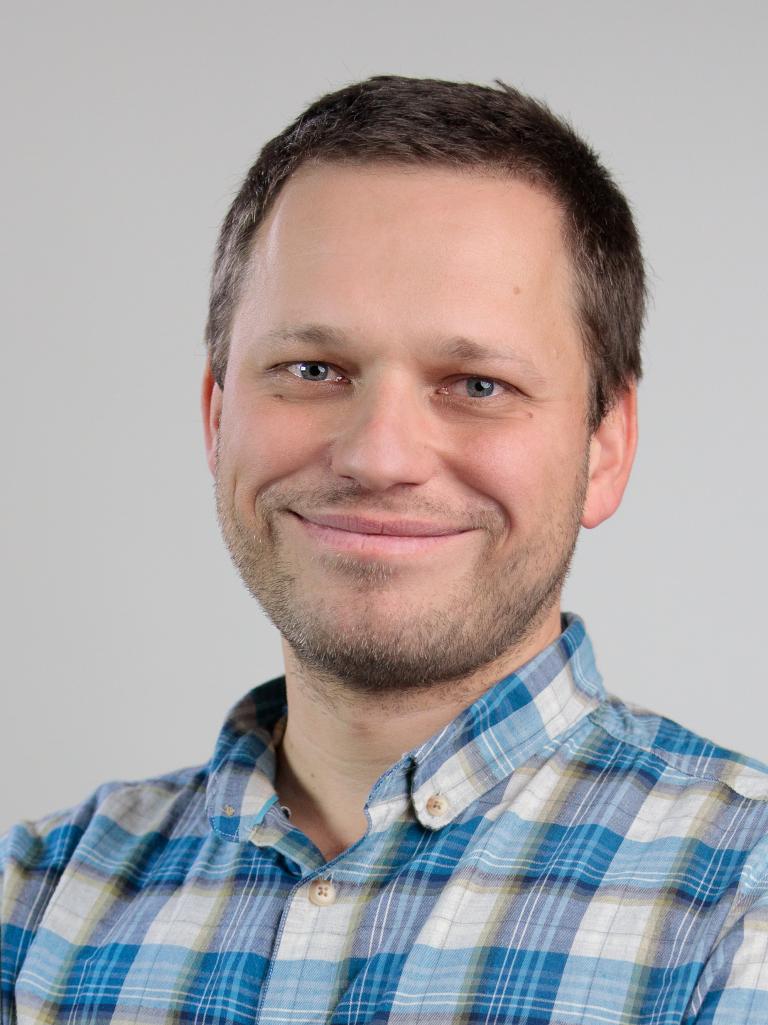 Critical Random Systems Research Group (Dynasnet)
Critical Random Systems Research Group (Dynasnet)
Project Leader: Gábor Pete, Alfréd Rényi Institute of Mathematics
E-mail address: pete.gabor@renyi.hu
We study (near-)critical random systems in a variety of settings: conformally invariant planar processes, group-invariant processes on Cayley graphs, processes on random graphs. Topics include percolation processes, mixing time, and noise sensitivity questions for the Glauber dynamics of spin systems, random walks in static and dynamic random environments, and dynamically built random networks.
Geometry of Graph Polytopes Research Group (Dynasnet)
Project Leader: Lilla Tóthmérész , Alfréd Rényi Institute of Mathematics
E-mail address: lilla.tothmeresz@ttk.elte.hu
We aim to study the geometry and Ehrhart theory of certain graph and matroid polytopes like the root polytope, and explore retaionships of these objects to sandpile groups and Tutte polynomials. Our focus is on uncovering relationships between geometric and combinatorial properties.
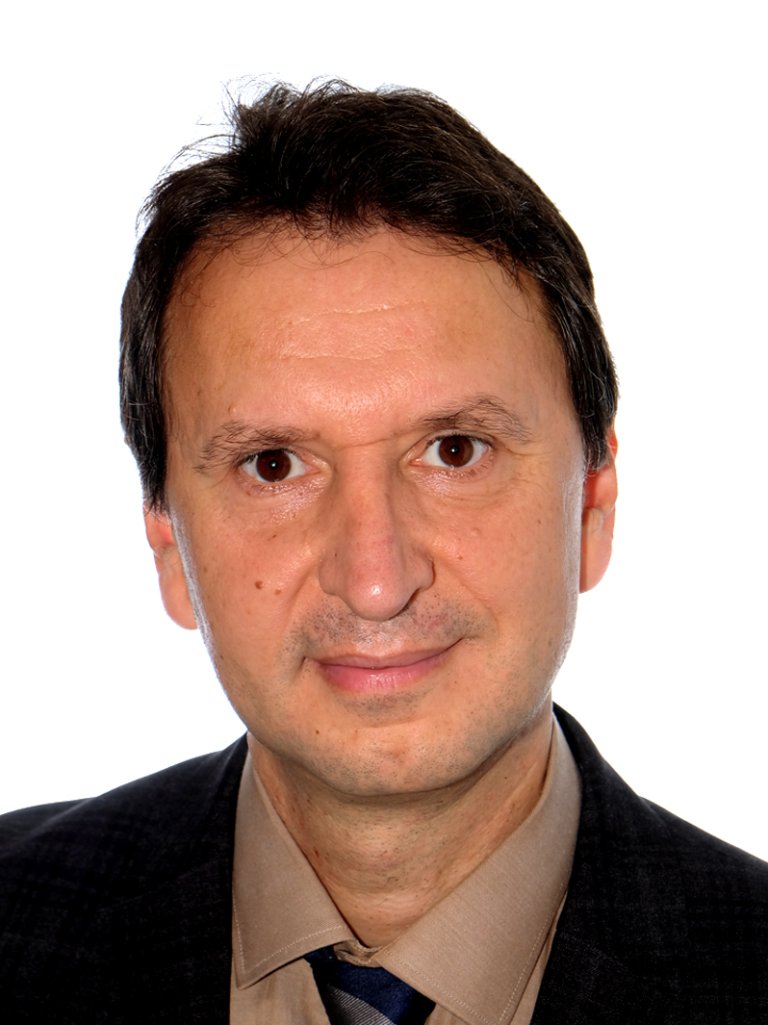 Limits of Discrete Structures Research Group
Limits of Discrete Structures Research Group
Head: Balázs Szegedy, Alfréd Rényi Institute of Mathematics
E-mail address: szegedy.balazs@renyi.hu
We study large networks using methods from analysis, probability theory and algebra. More generally we develop limit concepts for various discrete structures.
Other closely related research areas include higher order Fourier analysis, dynamical systems and even machine learning.
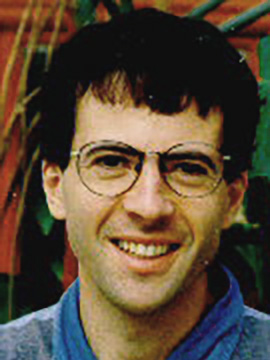 Effective Random Methods in Discrete Mathematics Reasearch Group
Effective Random Methods in Discrete Mathematics Reasearch Group
Head: Gábor Tardos, Alfréd Rényi Institute of Mathematics
E-mail address: tardos.gabor@renyi.hu
The probabilistic method, pioneered by Paul Erdős, can show the existence of combinatorial objects without hinting how to construct them effectively. Recent developments concerning the constructive version of Lovász Local Lemma (LLL) showed how to modify the probabilistic method to make it effective. We plan to concentrate on applications in combinatorics, measure theory, geometry, and cryptography.
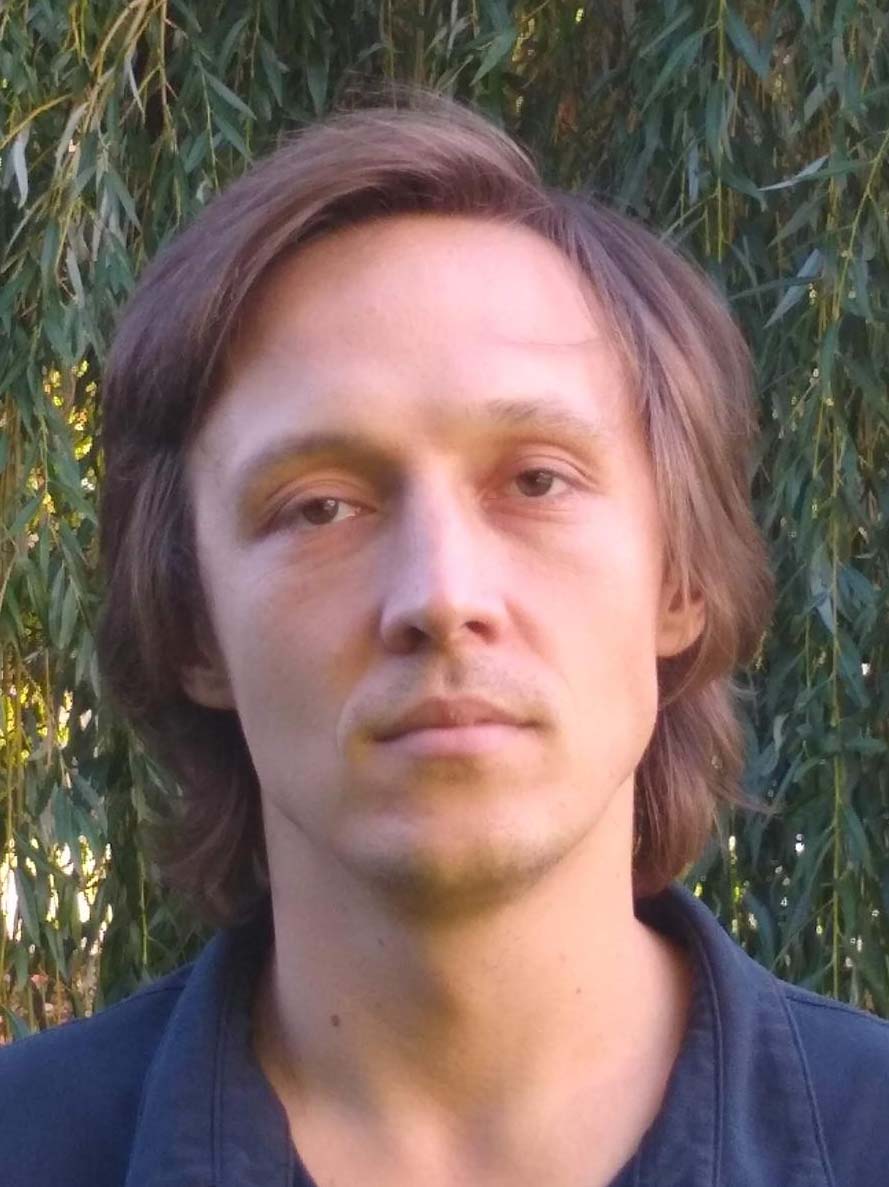 Borel Combinatorics and Complexity Research Group (Eötvös Loránd University)
Borel Combinatorics and Complexity Research Group (Eötvös Loránd University)
Head: Zoltán Vidnyánszky, Eötvös Loránd University
E-mail address: vidnyanszkyz@protonmail.com
Our research group investigates infinite graphs and their combinatorial properties, but, instead of the measurability requirement typically present in the case of graphons/graphings, we consider definable (e.g., Borel) graphs and chromatic numbers. It turns out that there are numerous connections of these objects to computational complexity and distributed computing.
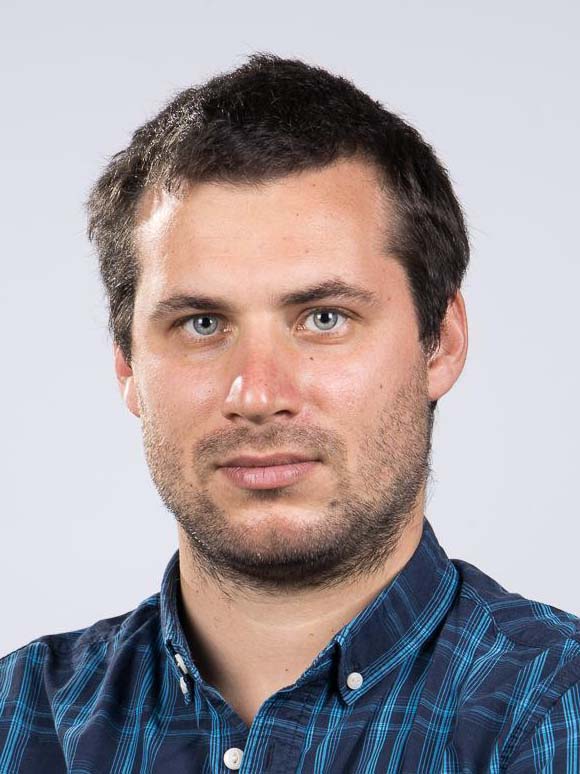
Optimal Transport Research Group
Head: Dániel Virosztek, Alfréd Rényi Institute of Mathematics
E-mail address: virosztek.daniel@renyi.hu
In the last decades, optimal transport became one of the central topics of analysis with intimate links to mathematical physics, PDE theory, metric geometry, and probability. The theory of quantum optimal transport has been emerging very recently. We study the geometry of classical and quantum structures endowed with transport-related metrics (like the Wasserstein metric) or entropic distances. The main research objectives include the development of quantum optimal transport for general transport costs, the description of the isometry groups of classical and quantum Wasserstein spaces, and the geometric study (with a focus on Riemannian metric tensor, geodesics, and barycenters) of quantum state spaces endowed with entropic dissimilarity measures.
